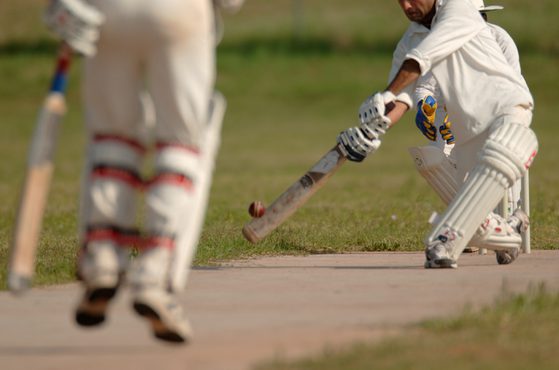The Football Association (The FA) has partnered with The Well HQ to become the first national governing body to mandate training on female health.
This landmark decision will be implemented for all WSL and Championship clubs, which will benefit from a new league-wide support plan. This offers a much-needed leap forward for women’s health in professional football.
Here, Allana Edwards investigates the factors that led to this pivotal decision and explores what it means for the future of women’s sport.
The women’s sport knowledge gap
There is a concerning knowledge gap around women’s health when it comes to sport. This is especially the case in football, which has deprived female players of fair and equal treatment — something that has grown exponentially worse due to the game’s rapid growth and subsequent fixture congestion.
Until recently, just 6% of sports research was dedicated exclusively to women’s bodies. This knowledge gap is felt throughout all stages of a woman’s life, including before puberty. For example, 80% of female players feel that not enough is known about the menstrual cycle, with 86% reporting to suffer from cycle symptoms.
Dr Emma Ross — Chief Scientific Officer and one of the founders at The Well HQ — told Sky Sports that “the sports science and medicine staff were saying that we know about football and know about athletes, but this layer of understanding the female body is something that hasn’t been explained to us enough.” Improved support for female players is crucial to accompany the increased physical demands on players as the game continues to grow in popularity.
The FA’s pioneering plan has been designed to combat the knowledge gap around women’s health in football and empower female players to make more informed decisions about their bodies, which will ultimately improve their performance and wellbeing. The intention of the initiative is to listen to players and coaches and share the knowledge and information available to everyone involved in the game. The FA and leagues have reduced the financial burden on the clubs by resourcing and investing in this project.
England manager Sarina Wiegman is one of many to applaud the new initiative, saying “there needs to be more research and support too and this is another step in the right direction. It’s really good, we have to keep going and doing research which will take time to make it the best for women in sport.”
Three groundbreaking initiatives
The Well HQ and the women’s professional game started working together in 2020 with the introduction of internal workshops to support players. This resulted in the collaborative ‘State of Play Project’ report, which surveyed 101 players and 19 support staff across the professional game.
This highlighted the need for better understanding and support around women’s health in high-performance sport and has resulted in three groundbreaking initiatives.
1. FootballHER CPD (Continuing Professional Development) For All
FootballHER CPD delivers pioneering online courses for staff working within WSL and Championship clubs. Rolled out in October 2023, it’s the first ever mandated training on female-specific health. Modules covered in the course include women’s health, injury risk and nutrition. Using a holistic approach to female health, the course provides tailored practical guidance on how to apply this information in varying club environments across the two leagues, moving away from the ‘one size fits all’ approach.
Under the new plan, we can expect to see improvements in women’s health support with a more streamlined and accessible approach for all players across the two leagues.
2. Female Athlete Health Lead (FAHL)
To further promote women’s health and advance the support of female athletes in their club environments, clubs must now nominate an existing member of support staff to be their FAHL. This person will receive additional support and education from The Well HQ, helping them to establish leadership and accountability skills. Courses are due to commence in spring 2024.
By having a FAHL at each club, strategies can be identified to improve women’s health and clubs’ expertise, helping to raise the standard of health across the leagues.
3. Best practice guidelines
The FA will deliver best practice guidelines on pregnancy, postnatal care, the menstrual cycle and pelvic health to all clubs participating in the professional women’s game. These guidelines will be delivered throughout 2024 to ensure alignment across the entirely of the professional pathway.
Cycle tracking
Menstrual cycle health is one of the topics explored in the guidance. Clubs can now access essential data to achieve marginal gains through menstrual tracking and its links to performance.
Yet while the US women’s national team tracked players’ periods to enhance performance during its winning 2019 World Cup run, the main idea with cycle tracking is to understand the link between menstruation and performance to better protect players.
Other initiatives focus on pelvic floor health and pregnancy care — aiming to educate all male and female players and staff about women's health and breaking the stigma around women’s health being the sole responsibility of females.
A flagship initiative
As the first sport to have mandated training specifically around women’s health, football may now act as the flagship for other sports to follow suit.
The Well HQ has also partnered with The FA on a separate research project around female health in the grassroots game. These findings will become public over the next few months and it will be interesting to see what further advances may result.
Talk to us
If you need any advice on women’s health in sport, talk to our dedicated sports law team.



